Now 200 images have been collected in a book which tries to cast a light on a man whose writing still draws in new readers 30 years after his death.
Author Richard Bradford previously wrote a biography of Philip Larkin in 2004, followed three years ago by a study of the poet's long friendship with Kingsley Amis.
So, is making a selection of the 6000 or so surviving photographs taken by him just a minor afterthought? The pictures, carefully preserved at the Larkin Archive in Hull, prove the poet was an accomplished amateur photographer. But does the new book have anything of significance to reveal?
Professor Bradford says some lovers of Larkin's work will simply enjoy seeing additions to the biography.
"The young Philip's first encounters with photography were using the camera his father owned," he says.
"So we see Sydney Larkin at home in Coventry and of course there are holiday pictures. They're mainly just standard family situations, but by the time he's 20 you can see Philip's become a thoughtful photographer well beyond the average."
'Devoted to photography'
The young Larkin acquired a Houghton-Butcher camera and then a Purma Special. In the 1950s he owned a more expensive Rolleiflex Automat.
"Mainly the developing was done professionally at some expense, not just at the local chemist," adds Bradford. "Philip was devoted to photography almost to the end of his life."
Professor Bradford admits it's a puzzle that Larkin almost never mentions photography in his letters.
"I can't really explain why it doesn't come up more when it clearly meant so much to him," he says.
Photography is at the centre of only one of Larkin's poems, though it's one of the most loved - Lines on a Young Lady's Photograph Album, published in 1955. It's typical that in the poem, he calls photography "faithful and disappointing".
Part of the new book's interest lies in the pictures Larkin took of the women in his life, especially of Monica Jones with whom he was involved for almost 40 years.
"Philip took great trouble with portraits of Monica," says Bradford. "She could be highly photogenic, as you see in the early black and white picture taken in Leicester in 1947.
"I also included a colour shot of Monica in Scotland 24 years later. Philip and Monica Jones went on a great many holidays together.
"Though his relationships were complex, her friendship was the most consistent."
As well as Jones, the book includes his photographs of Maeve Brennan and his secretary Betty Mackereth, both of whom he became romantically involved with. He also photographed Hilly Amis, Kingsley Amis's wife, lying on a Welsh beach.
There are also a large number of self-portraits. "It's been suggested that Philip invented the selfie which may be a bit tongue-in-cheek," says Bradford.
"But he set up some of the self-portraits beautifully. If you look at the ones of him shaving or having breakfast in his flat in Pearson Park in Hull they're very striking.
"In some he's used a full-length mirror and a timer to get exactly the picture he wants. He thought things out very carefully."
'Recording the world'
Does Richard Bradford think all this self-portraiture amounted to vanity?
"I don't think so: he never flatters himself. In the era of the selfie-stick we're used to people shooting off lots of pictures of themselves. I think what Philip was doing was recording the world he lived in.
"I think people don't understand quite how much written material Betty Mackereth was required to destroy at the end of his life: it was vast.
"And there are something like 8000 surviving letters to his mother. So, in that context of writing so much, it was also natural to photograph so much.
"But it's clear that in the mid-1970s, when Philip felt his literary muse was starting to desert him, he also finally began to lose interest in photography. In some way the two went together."
The Importance of Elsewhere works as a contribution to social history - it's interesting to see Britain changing during Larkin's lifetime, often in ways he disliked. But if he hadn't been in control of the shutter, would we really be interested in the photographs?
"There's no doubt Larkin was one of our most important poets after World War Two. I would also say that, with the exception of John Betjeman, he became the most popular," says Bradford.
"The photographs offer us a new perspective on that life. To Philip, photography wasn't an inconsequential hobby - it was important to him.
"I haven't set out to write a scholarly book: it's for the general reader. But if someone wanted to dig deep into the thematic and stylistic parallels between his writing and his photography, I suspect there's material here for half-a-dozen doctoral theses.
"Thankfully I don't have to write them," he adds.
"I simply think if people understand his photography more they'll understand the man more. And they'll see more in what he wrote."
The Importance of Elsewhere: Philip Larkin's Photographs is published by Frances Lincoln Publishers on 5th November.

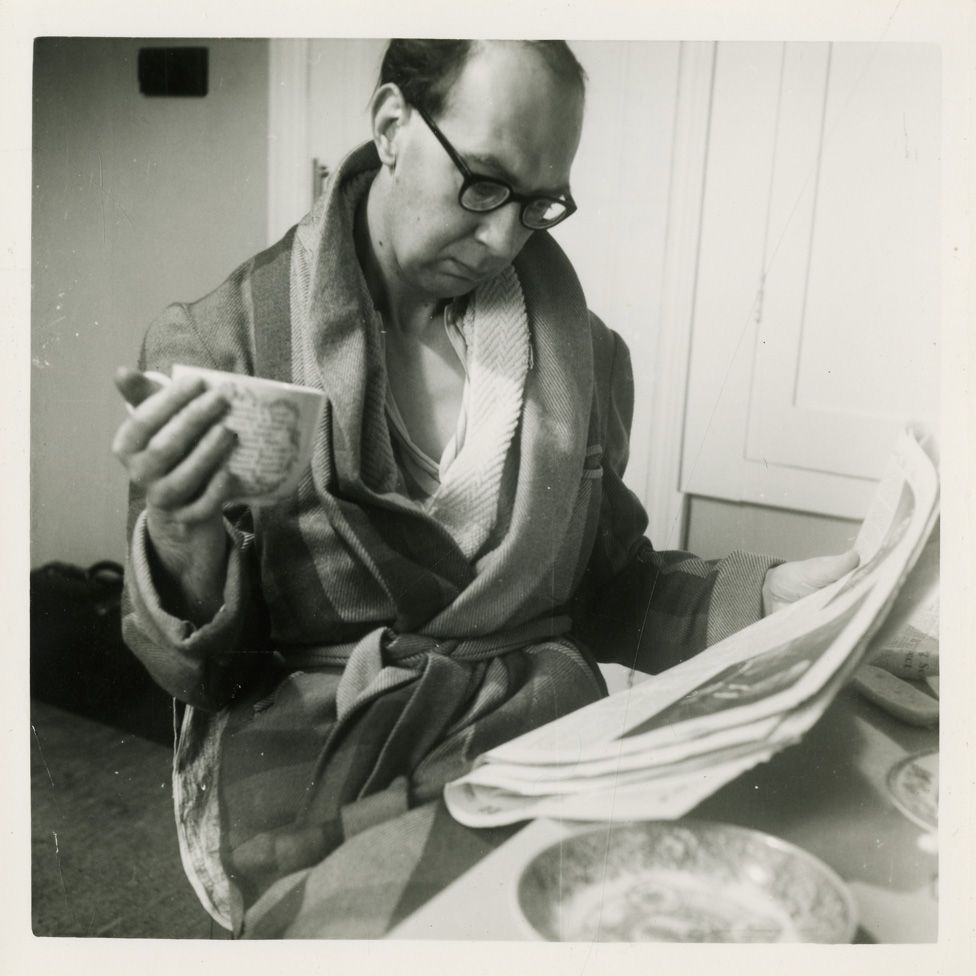
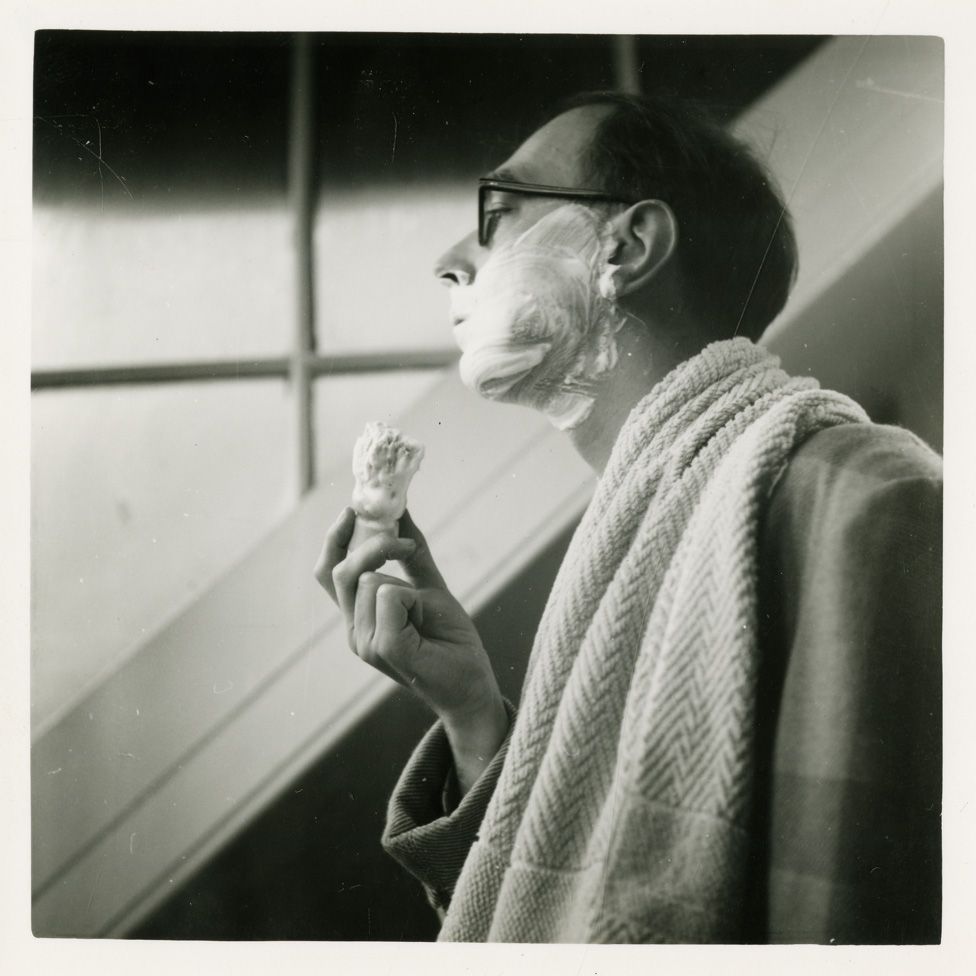
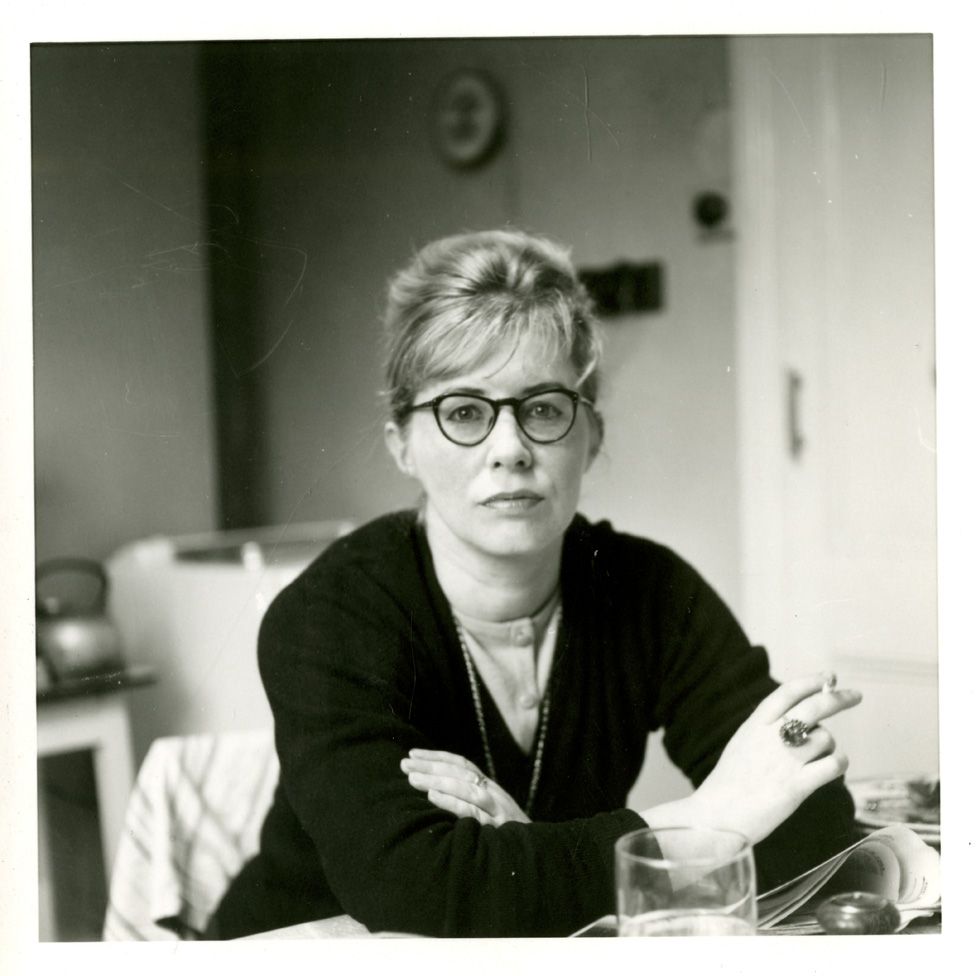
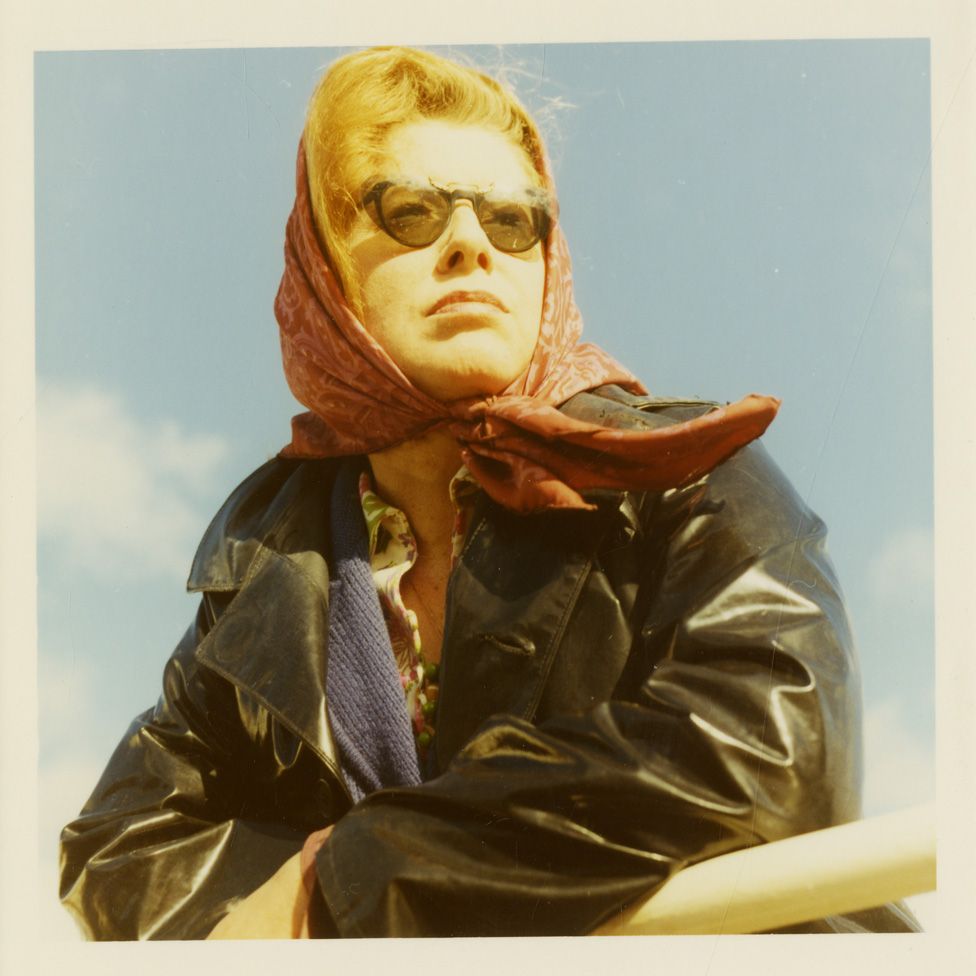
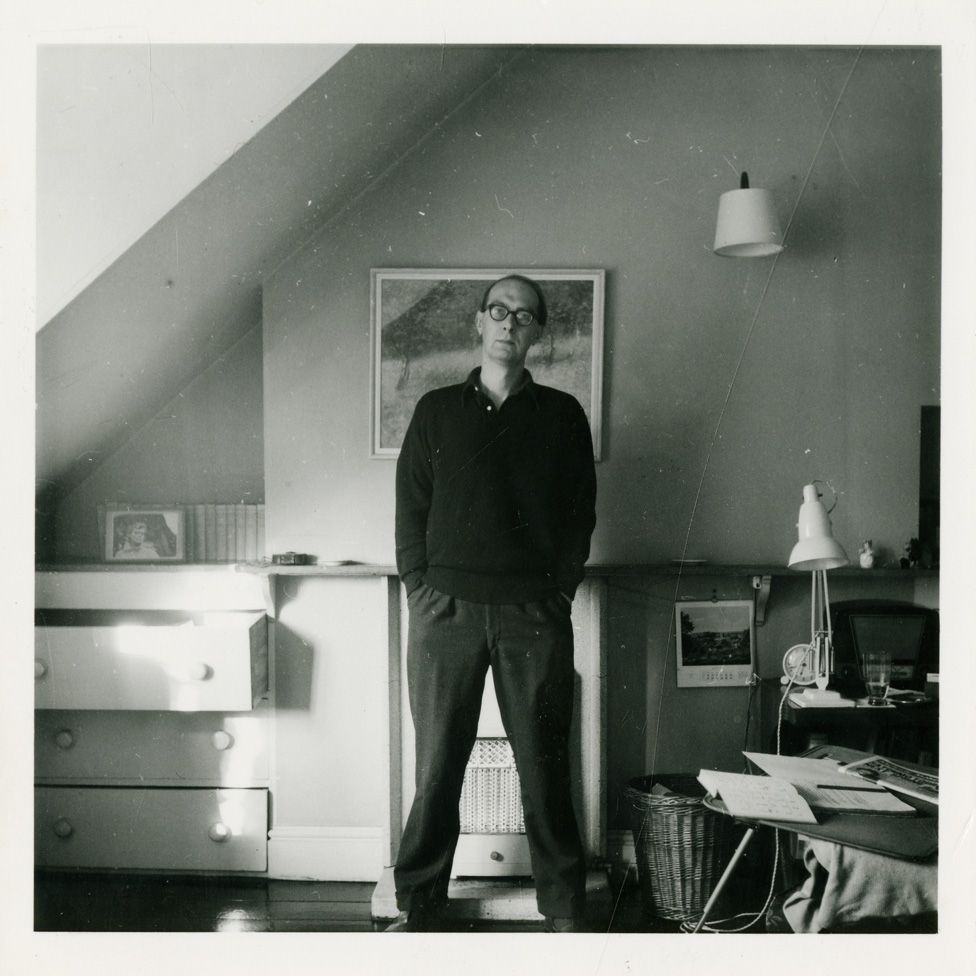
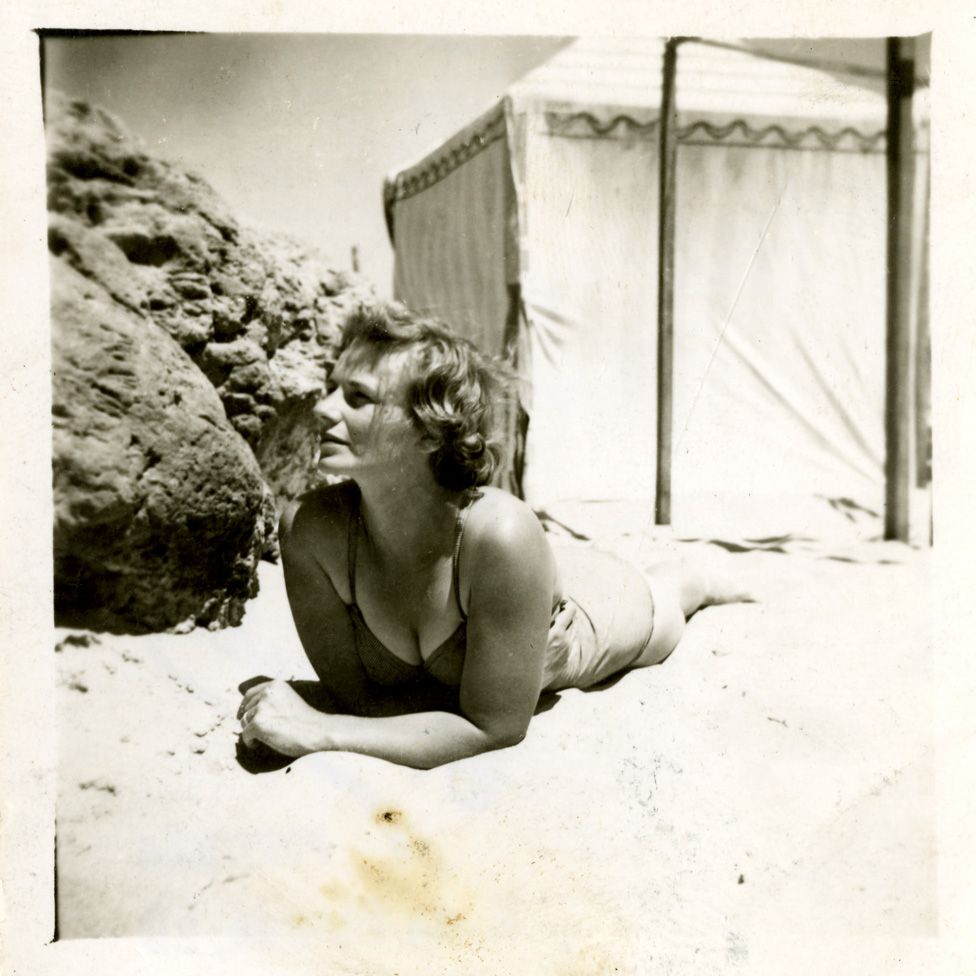

No comments:
Post a Comment